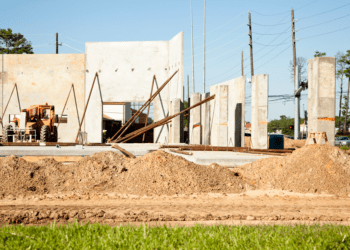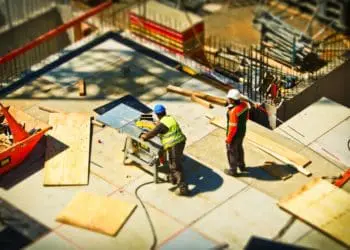MBM Law Effectively Defends Against a Retroactive Tax Assessment Reduction
MBM Law’s litigation team successfully defended a case that has significant implications for property owners and taxing bodies throughout Allegheny County.
Securing Property Tax Assessment Finality for Taxing Bodies
Our client, a local taxing body, faced a challenge from property owners who purchased a property in Allegheny County in 2018. After their purchase, the property’s tax assessment was increased in 2019 based on the sale price. The owners appealed this increase, and the case ultimately settled in court, with the higher assessment remaining in place for 2019, 2020, and future years.
In 2022, a separate court case determined that Allegheny County’s Common Level Ratio (CLR)-a key figure used to calculate property assessments-had been miscalculated for that year. The court ordered the CLR reduced from 81.1% to 63.5%, which meant that many properties could have been over-assessed for 2022. Seeing an opportunity, the property owners in our case filed a petition in 2023 to reopen their previous settlement and apply the lower CLR retroactively, hoping to reduce their tax assessment (and taxes owed) back to 2019.
Tax Assessment Defense Win
MBM Law argued that the property owners waited too long to file their petition after learning about the CLR reduction and did not meet the strict legal standards required to initiate a case after the deadline (known as a “nunc pro tunc” appeal). The trial court agreed, finding that the owners had not acted quickly enough and had not shown fraud or an administrative error that would justify reopening the case so late.
The property owners appealed, but the Commonwealth Court affirmed the trial court’s decision. The higher court emphasized that nunc pro tunc appeals are only allowed in rare circumstances and must be filed promptly after discovering the issue that requires a matter be examined by the courts. Since the owners waited six months before taking action, their petition was denied. Importantly, the court also noted that the error in the CLR only applied to 2022, not to the earlier years covered by the original settlement.
Why This Property Tax Ruling Matters for Local Governments
This outcome is crucial for local governments and school districts. If the court had allowed the property owners to reopen old settlements and apply the new CLR retroactively, it could have triggered a flood of similar appeals for prior years. This would have created massive uncertainty, potentially forcing taxing bodies to issue millions of dollars in refunds and throwing annual budgets into chaos.
By upholding the finality of settlements and the importance of acting quickly, the decision provides much-needed stability for everyone involved in the property tax system. It ensures that both property owners and taxing bodies can rely on settled assessments and plan for the future with confidence.












